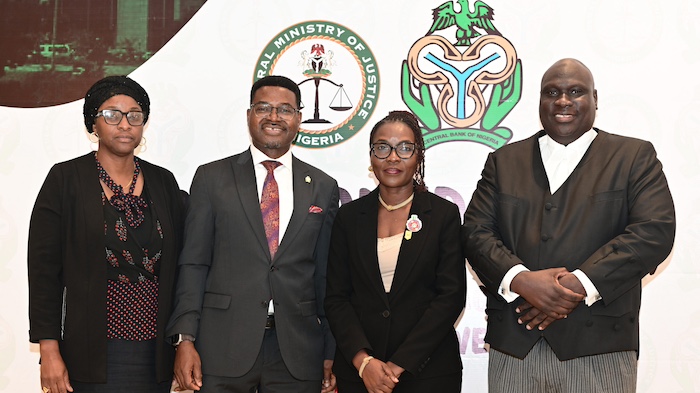
The Central Bank of Nigeria (CBN) has begun profiling the chairmen and signatories of bank accounts for the 774 local government areas (LGAs) as part of efforts to implement local government autonomy.
CBN’s Stance on Local Government Financial Autonomy
The Director of Legal Services at the CBN, Kofo Salam-Alada, emphasized that this process is crucial to ensuring financial accountability and compliance with banking regulations.
Speaking at a state-of-the-nation discourse organized by the Nigerian Bar Association in Abuja, Salam-Alada explained that the profiling process follows standard Know Your Customer (KYC) protocols. He urged local government chairmen to complete their documentation, assuring that accounts would be operational within 48 hours once all requirements are met.
ALGON Disputes CBN’s Claims
Despite the CBN’s assurances, the Association of Local Governments of Nigeria (ALGON) countered that it had not received any official communication regarding the account-opening process.
ALGON’s representative, Sam Akala, stated, “I cannot confirm that such communication has been received officially.” However, he reaffirmed ALGON’s commitment to embracing its role in grassroots development.
Supreme Court Ruling and Implementation Delays
On July 11, 2024, the Supreme Court ruled in favor of financial autonomy for LGAs, prohibiting governors from controlling council funds. The ruling also directed the Accountant-General of the Federation to transfer allocations directly to LGA accounts, declaring the previous system unconstitutional.
However, eight months after this landmark decision, the financial autonomy of LGAs is yet to be fully implemented.
Attorney General’s Position on LG Autonomy
The Attorney General of the Federation and Minister of Justice, Lateef Fagbemi (SAN), represented by Tijjani Gazali, disclosed that the government is finalizing a framework for full implementation. He assured that once the CBN’s process is concluded, LG autonomy will take effect.
Fagbemi criticized state governors who continue to remove democratically elected local government officials despite the Supreme Court’s ruling, describing such actions as unconstitutional and warning of potential consequences.
EFCC and ICPC Call for Accountability
Meanwhile, the Economic and Financial Crimes Commission (EFCC) has urged local government officials to uphold transparency in managing public funds. EFCC Chairman, Ola Olukoyede, warned that local government chairmen have no immunity from investigation and prosecution for financial misconduct.
Similarly, the Chairman of the Independent Corrupt Practices and Other Related Offences Commission (ICPC), Musa Aliyu, expressed concern that only seven out of the 774 LGAs have functional websites, making it difficult to track expenditures.
Governor Yahaya Inuwa on LG Capacity
At a local government summit in Gombe State, Governor Yahaya Inuwa emphasized that for financial autonomy to be beneficial, LGAs must build capacity and exercise fiscal discipline. He noted that Gombe had already granted autonomy to its 11 local councils ahead of the Supreme Court ruling.
Conclusion
As the process of implementing local government autonomy continues, stakeholders remain divided over the timeline and execution. With mounting pressure from the Supreme Court, federal agencies, and anti-corruption bodies, the coming months will determine whether LGAs will finally gain full financial independence.
